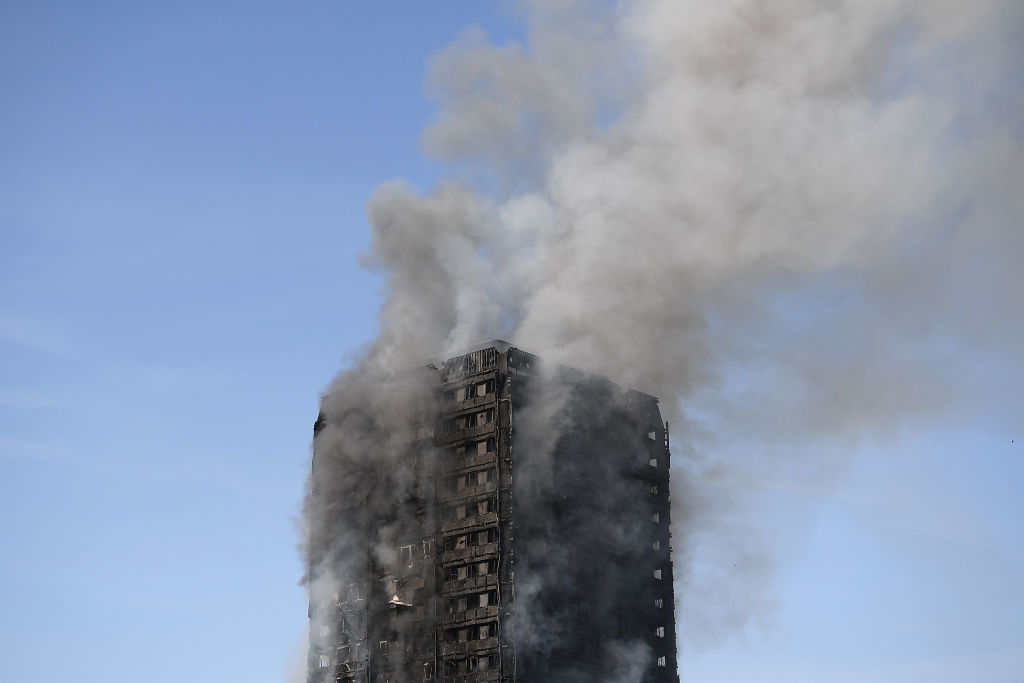It’s very weird when a friend is in the news. I’ve known Nicholas Holgate for years. Until now, he was Town Clerk for Kensington and Chelsea council. I would say this, but he’s one of the most decent people I know; think rock-solid integrity, think public service. He was in the Treasury for years before moving to the council; central government’s loss, local government’s gain, I thought at the time. And he’s a Liberal Democrat, though he had to sit on that while he worked in government. Anyway, he’s the one person in the fallout from the Grenfell Tower fire who has had to resign in consequence of what happened; not so much obliged to fall on his sword from the looks of things, as have Sajid Javid push him down onto it.
There: that’s my personal interest in the thing. On the broader culpability for what happened, I’m looking forward to hearing the results of the inquiry the PM announced yesterday. I should just note in passing that a German acquaintance professed herself astonished at what happened; in Germany, you not only wouldn’t have allowed to use flammable cladding – no question – but there are breaks in the makeup of the building to separate out a tall building into sections so that, for instance, you wouldn’t have the chimney effect that drove the flames right up the entirety of the tower block. All common sense when you think about it, but here, somehow nobody did.
There’s been an interesting discussion over the last week over the tower and the borough as some kind of metaphor for London: very rich, very poor, in proximity – with not much space anywhere for the middle classes who are neither rich enough to afford market rates nor poor or dependent enough to merit social housing. The 68 families among the survivors who are now to be given what were designated affordable homes in the borough, in central, posh Kensington, next to flats being sold for £8.5 million, will make the contrast even more evident.
It’s been interesting to see what the PM, the Mayor and Jeremy Corbyn had to say about the survivors of the fire: there would, it was clear, be no embarrassing questions asked about whether those of them, obviously a minority, who were asylum seekers or – possibly – here without proper status, should be in the country. The Mayor was keen that their right to remain should be guaranteed; Jeremy Corbyn was also in favour about the no questions guarantee for their right to stay. But what all this brings home is the impossible position in which local councils are placed by dint of their obligations. If you are an asylum seeker or refugee with dependent children and no job, you can indeed make for Kensington and Chelsea or its equivalent, and require them to house your family; Grenfell Tower was by no means the worst place in which these families have been put – though at least B&Bs don’t usually turn into infernos, death traps with stunning views.
But what council, even a rich one, can manage potentially unlimited demands on its housing stock? Simon Jenkins, in an interesting piece for the Evening Standard on Tuesday, cited one family from Kosovo with eight children, who somehow got to London and required K&C to provide accommodation for them – and got it. We’re hearing quite a lot just now, rightly, about the vulnerability of these families; but they constitute a formidable challenge for every London council, even the wealthiest. Grenfell Tower is a metaphor for the borough and the capital all right, but in more ways than one.







Comments